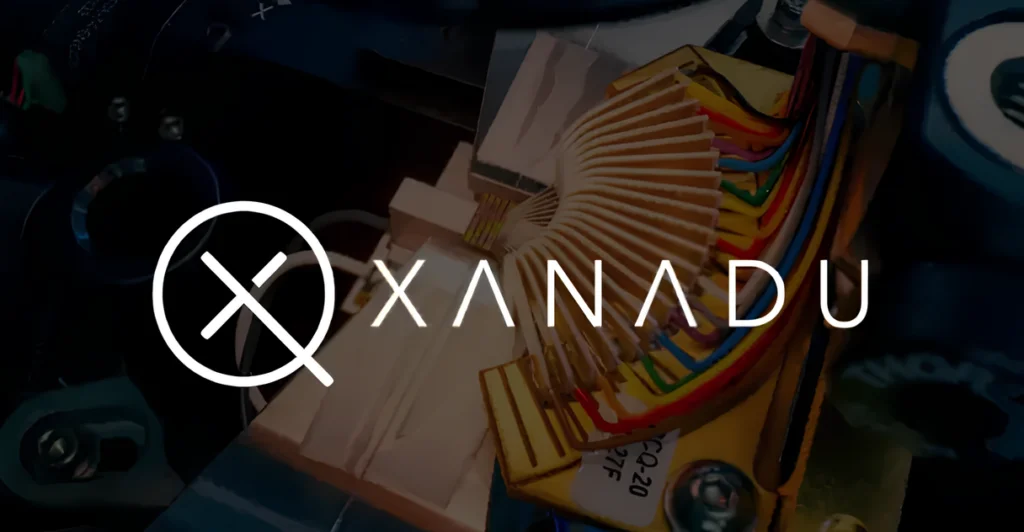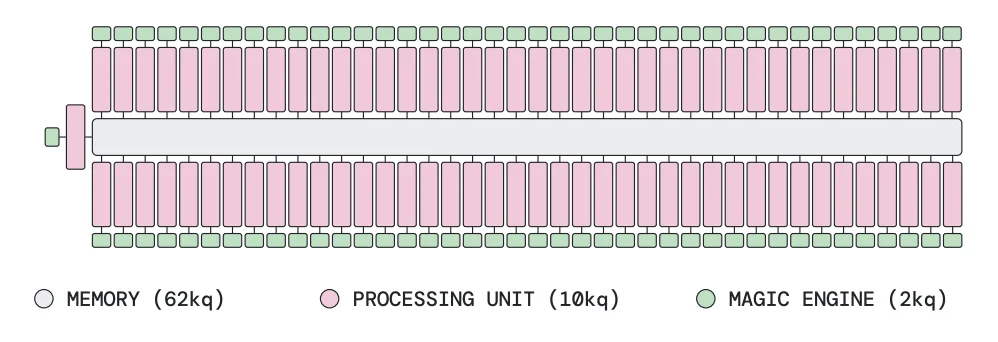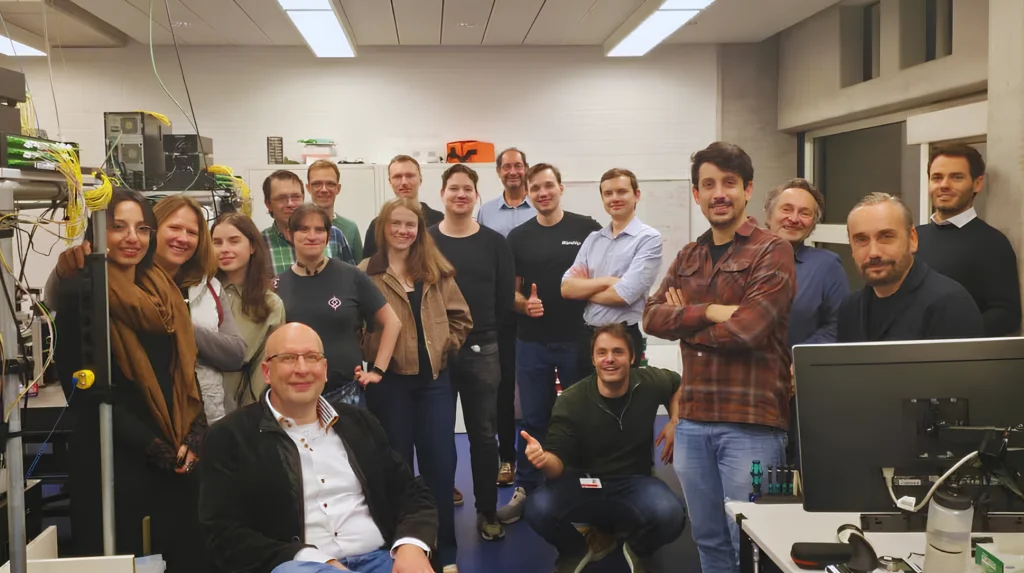Insider Brief
- D-Wave introduced algorithmic updates to its CQM solver that deliver increased performance for existing binary problem classes.
- Binary problem classes included allocation, portfolio optimization and satisfiability.
- D-Wave tested the binary problem solver on 2,045 binary quadratic problems, finding the new solver won 80% of the problems, compared to 71.1% and 62.6% of previous versions.
PRESS RELEASE — D-Wave Quantum Inc. (NYSE: QBTS), a leader in quantum computing systems, software, and services and the world’s first commercial supplier of quantum computers, today announced an update to its Constrained Quadratic Model (CQM) hybrid solver in its Leap™ quantum cloud service. D-Wave has introduced algorithmic updates to its CQM solver that deliver increased performance for existing binary problem classes, which can include offer allocation, portfolio optimization and satisfiability.
Optimization problems are ubiquitous in today’s enterprise, and current quantum-hybrid technologies can help developers tackle these quadratic problems to find better solutions. To benchmark the performance enhancements made to the updated hybrid solver, D-Wave tested 2,045 binary quadratic problems, with the new CQM solver winning 80% of the problems, compared to 71.1% and 62.6% of previous versions. To learn more about the CQM hybrid solver and its most recent performance results, the technical report is available here.
“Our mission at D-Wave is to unlock the power of practical quantum computing for our customers,” said Trevor Lanting, vice president of software, algorithms and cloud services at D-Wave. “These most recent updates to our CQM hybrid solver reflect our commitment to building solutions that bring real enterprise applicability and impact today. We’re excited by the performance enhancements that we are seeing, and our rapid pace of innovation allows us to expand quantum-hybrid workflows to help solve increasingly complex problems.”

The CQM solver was first made available in October 2021. It incorporates problem constraints, allowing users to benefit from a simplified expression of their constrained problems, significantly expanding the size and complexity of problems customers can solve with constraints in D-Wave’s hybrid solver to find the best answers to complex business problems.
For more market insights, check out our latest quantum computing news here.















